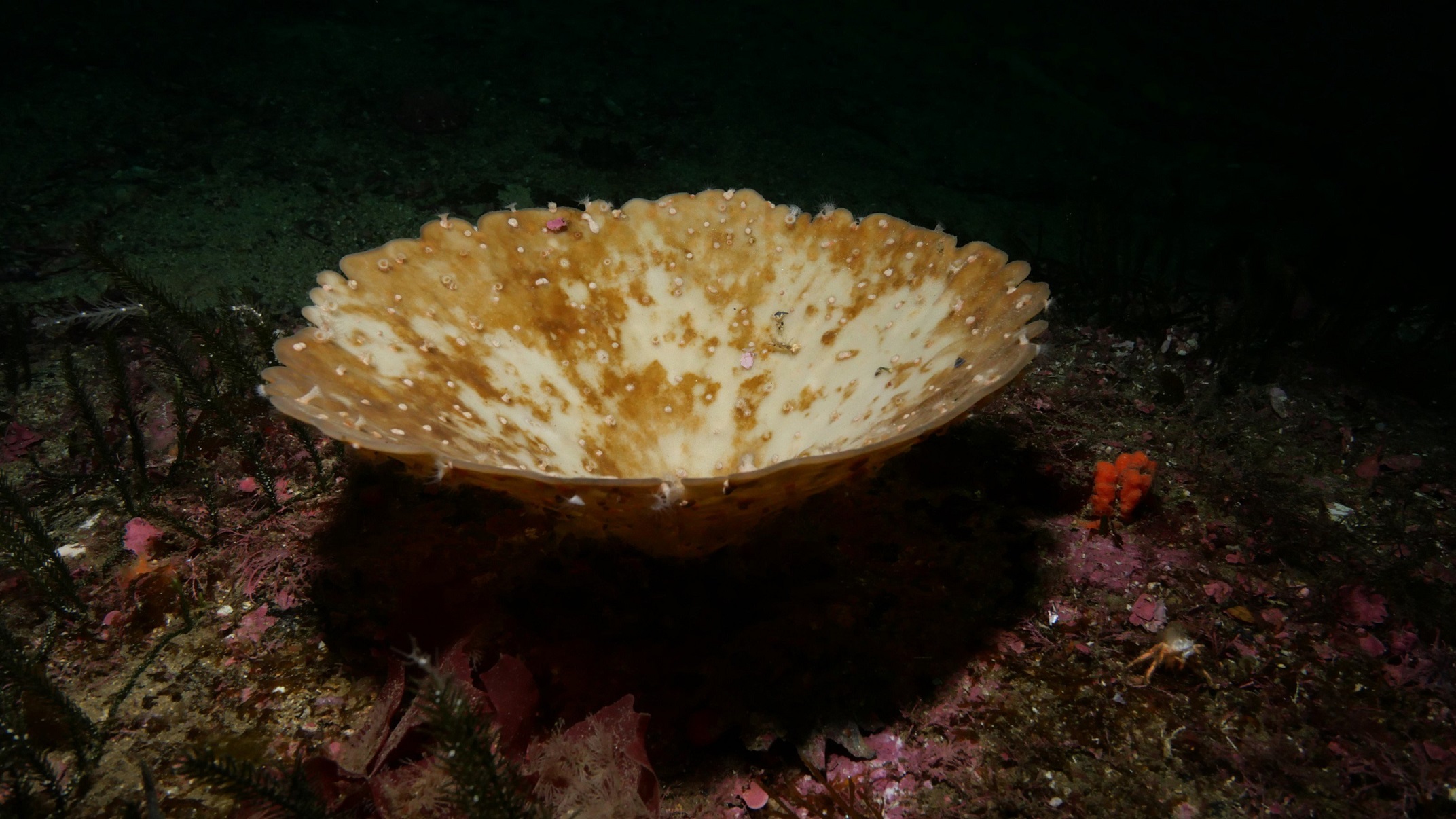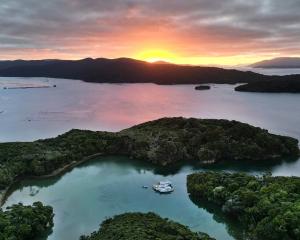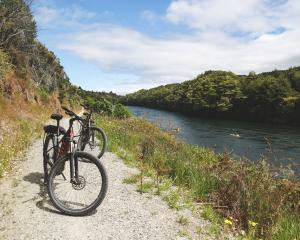
Te Herenga Waka — Victoria University of Wellington marine biologist Prof James Bell said marine sponges in Fiordland were being bleached because of a marine heatwave over the past three years.
The longest one lasted 259 days in 2022.
Almost a year later, researchers found almost half of the sponge sampling size had died.
"Not only was this the largest sponge bleaching event seen globally, it was also the largest sponge mortality event that’s ever been recorded."
The heatwave in 2022 caused more than 90% of the Cymbastela lamellata sponges to be bleached white.
"As the climate warms, marine heatwaves are occurring more often and becoming more intense, with major effects on sea life."
Fiordland Marine Guardians chairwoman Dr Rebecca McLeod said her group was attempting to give the marine sponges, and the rest of the Fiordland ecosystem, the best chance of survival they could.
"During 2022 the water was more than five degrees higher than usual, and that increase in temperature lasted several months.
"For animals that can’t move, such as the sponges, they can’t leave and just have to try and survive in these conditions which is so different from what they’re used to.
"In this case, they couldn’t tolerate the change."

Increased water temperatures had brought schools of tuna into Fiordland, disrupting the area’s ecosystem.
"Tuna travel towards warm bodies of water.
"Things are changing at all levels of the ecosystem."
Marine sponges were at the very bottom of the food chain and if they died off, the consequences could be far-reaching.
"Little things like sponges are ultimately supporting the likes of fish populations that people and fisheries like to catch.
"Changes down in the sea eventually affect us here on land too."
The answer was ultimately climate change, which needed a large multi-national response.
"The answer being so big and hard, it makes you feel quite powerless."
However, research into the bleaching also showed the survivors were displaying a rapid evolutionary response to warming waters in an effort to survive.
Dr McLeod hoped they could develop a defence system, but was worried about this phenomenon becoming more common across all marine organisms in the future. — Additional reporting RNZ












